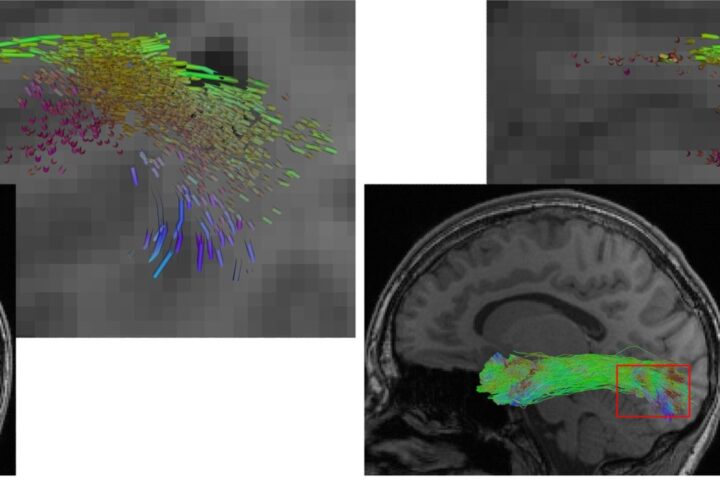In a world where artificial intelligence has become the linchpin of many enterprises, a curious development has transpired. Tech billionaire Elon Musk, an erstwhile supporter of OpenAI, has emerged at the helm of a new venture, X.ai. This notional organization now owns the domain AI.com, a switch from its previous redirection to OpenAI’s web interface, ChatGPT.
Two-letter com domains are a sought-after commodity, fetching enormous sums due to their rarity and relevance. The AI.com domain, potentially costing millions, was initially speculated to be OpenAI’s strategy to attract a wider user base or streamline consumer-facing operations. But the narrative took a wild turn when the domain was pointed towards X.ai.
Musk’s X.ai, though currently little more than a skeleton crew of researchers and academics, aspires to a grand objective – to comprehend the true nature of the universe. Yet, the motive behind the domain shift is shrouded in mystery. Was it a planned move by OpenAI, a tentative sale, or perhaps a strategic coup by Musk? Whatever the reason, the entire ordeal appears to be a high-stakes game between tech giants, with AI.com as the coveted prize.
It’s curious to see the domain move from ChatGPT, an established AI brand, to X.ai, a yet unproven player in the arena. The question arises: why reinvent the wheel by investing millions into a new brand, when an already renowned one exists?
Similar Post
Meanwhile, Musk has revealed his plans for X.ai in a candid conversation, promising an AI model that values truth over political correctness. This approach starkly contrasts with OpenAI’s alleged political bias. Musk’s vision of X.ai is not just another AI bot, but an entity that aims to unlock unresolved scientific mysteries.
However, this pursuit of truth raises the question of AI alignment. Without proper supervision, AI might cause harm by generating inaccurate or morally questionable output. It’s a tightrope walk between autonomy and oversight, a balance that has to be achieved meticulously.
The recent developments at AI.com appear to be a tale of power dynamics in the high tech world, but its real-world significance remains unclear. As this narrative unfolds, it will be interesting to observe if AI.com becomes a beacon of AI prowess, or remains a vanity domain in the hands of corporate giants. The world will be watching, seeking the truth amid the pixels and code.


















